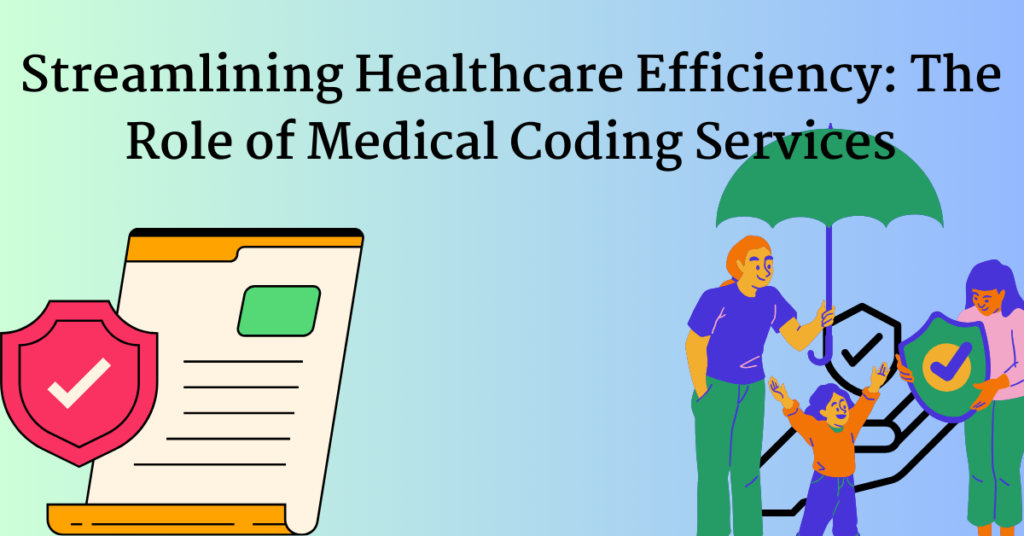In the complex landscape of modern healthcare, effective management of patient records, billing, and reimbursement processes is critical. Despite this complexity, medical coding stands out as a critical component, bridging the gap between healthcare providers, insurers, and regulatory bodies. Healthcare organizations rely heavily on medical coding services to ensure accurate documentation, streamlined workflows, and optimal reimbursement.
The Role of Medical Coding Services
Medical coding is the conversion of healthcare diagnoses, procedures, medical services, and equipment into universally recognized alphanumeric codes. These codes provide a standardized language for communication among healthcare providers, insurers, and government agencies. The two main coding systems used in the healthcare industry are the International Classification of Diseases (ICD) for diagnoses and the Current Procedural Terminology (CPT) for procedures and services.
Importance of Medical Coding Services
Accurate Documentation: Medical coding services ensure that patient records are accurately coded to reflect diagnoses, treatments, and procedures performed during medical visits. Accurate documentation is essential not only for ensuring patient care continuity, but also for billing and reimbursement purposes.

Compliance and Regulatory Requirements
Medical coding services are essential for ensuring compliance with healthcare regulations and billing guidelines. Coding professionals help healthcare providers avoid penalties and legal issues related to noncompliance by staying current on coding standards and regulations established by organizations such as the Centers for Medicare & Medicaid Services (CMS) and the American Medical Association (AMA).
Data Analysis and Decision Making:Coded healthcare data is an invaluable resource for data analysis, research, and decision-making processes in the healthcare industry. Aggregated data from medical codes allows healthcare organizations to identify trends, evaluate outcomes, and implement strategies to improve patient care and operational efficiency.
The Role of Technology
Medical coding services are constantly changing as technology advances. Automation and artificial intelligence (AI) are transforming coding processes by increasing accuracy, efficiency, and scalability. Natural language processing (NLP) algorithms automate the extraction of relevant information from clinical documentation, reducing the manual workload for coding professionals and improving coding accuracy.
Additionally, cloud-based coding platforms and electronic health record (EHR) systems streamline coding workflows, facilitating real-time collaboration and data exchange between healthcare providers and coding teams. These technological innovations not only expedite the coding process but also enhance compliance and data security measures.
Furthermore, cloud-based coding platforms and electronic health record (EHR) systems improve coding workflows by enabling real-time collaboration and data exchange between healthcare providers and coding teams. These technological innovations not only speed up the coding process, but also improve compliance and data security measures.
Conclusion: The Role of Medical Coding Services
Finally, medical coding services are critical to the modern healthcare ecosystem, as they ensure accurate documentation, optimal revenue cycle management, regulatory compliance, and data-driven decision-making. As healthcare evolves, healthcare organizations will need to embrace technological advancements and implement efficient coding practices in order to thrive in an increasingly complex and competitive landscape. Healthcare providers can achieve long-term growth in the ever-changing healthcare industry by investing in reliable coding solutions and expertise.
1 thought on “Streamlining Healthcare Efficiency: The Role of Medical Coding Services”